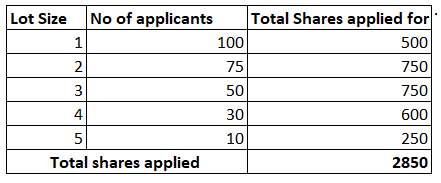Mr. Vijay Kedia built a net worth of over Rs. 800 crores.
But you probably never read past that headline.
So I binged hours of interviews to learn his investing principles and strategies.
Here are 20 lessons on investing from @VijayKedia1 Sir:
Collaborated with @AdityaTodmal
Before I start, a quick disclaimer, please don't ape his portfolio.
As the entry price, horizon and risk appetite would be far different than yours.
Rather lets draw inspiration and try to learn his stock picking skills.
Now let's DIVE IN👇
1/ Started off as a trader:
- Soon, beginner’s luck started to fade out and loses started to mount, to an extent where his mother was about to sell her ornaments.
- Although he was able to dodge the situation.
- This incident taught him the biggest lesson to have a stop-loss.
2/ Punjab Tractors:
- In 1990, he made his first investment by putting in his 10-years savings of Rs 35,000 in this stock, based on a news trigger that tractor industry will witness a turnaround.
- It worked and fetched him 4-5 times which he calls it as a fluke.
3/ He believes that an investor must possess three qualities:
i. Knowledge,
ii. Courage, and
iii. Patience.

